|
Breakout 1I: Improving Operational Efficiency with the Microsoft Power Platform | Salon C-3, LL
The Microsoft Power Platform and Microsoft 365 Product Suite include powerful services and tools to help us work smarter, not harder, in our advancement operations and day-to-day work. From individual time-saving automation to streamlining complex cross-departmental processes and providing informative and interactive reporting, our expert panelists have leveraged Microsoft products to improve operational efficiencies in multiple organizations across varying sectors. Explore technology trends and capabilities with us, and bring your questions about using Power Automate, Power Apps, Power BI, or other Microsoft products to improve your work and processes. Is the Microsoft Power Platform right for my organization? Is investing the time to build an app or automation worth it? What are the implications of mixing Microsoft products with other automation or reporting products? Join us to discuss these topics and more!
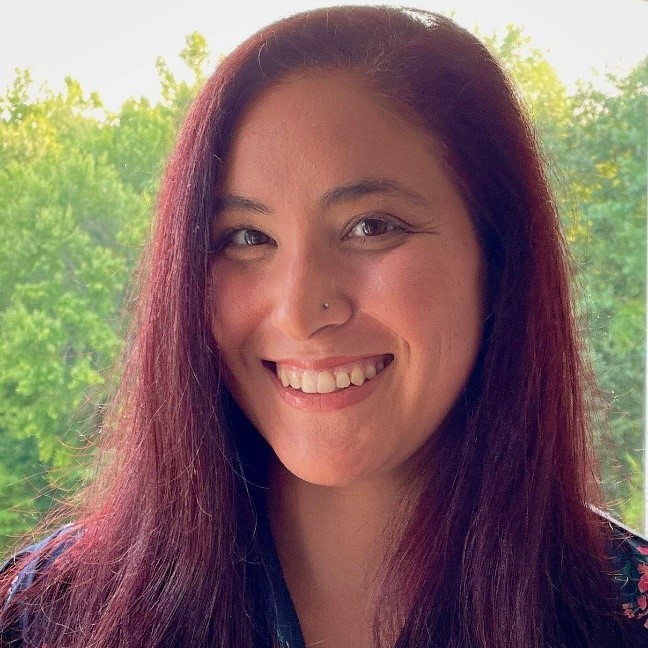 Jianell Present is a Senior Microsoft 365 and SharePoint Content Developer at The Nature Conservancy (TNC), where she works with staff worldwide to use technology for business process improvement. She started her TNC career in Development Operations before joining Advancement Services as a Fundraising Systems Specialist and later as a Revenue Compliance and Quality Assurance Specialist. Jianell is an inaugural recipient of both TNC’s Development Achievement Award and AASP’s Sapphire Aspire Award in the Technology & Innovation category for her work on a Submission and Review Framework. Built using the Microsoft Power Platform, SharePoint, and Office 365, this framework has been integral in reducing bottlenecks, increasing efficiency, ensuring data security, and improving transparency for revenue processing at TNC. Additionally, this framework allowed for the behind-the-scenes collection of previously unavailable data, providing the ability to report on and analyze the revenue process lifecycle. Jianell Present is a Senior Microsoft 365 and SharePoint Content Developer at The Nature Conservancy (TNC), where she works with staff worldwide to use technology for business process improvement. She started her TNC career in Development Operations before joining Advancement Services as a Fundraising Systems Specialist and later as a Revenue Compliance and Quality Assurance Specialist. Jianell is an inaugural recipient of both TNC’s Development Achievement Award and AASP’s Sapphire Aspire Award in the Technology & Innovation category for her work on a Submission and Review Framework. Built using the Microsoft Power Platform, SharePoint, and Office 365, this framework has been integral in reducing bottlenecks, increasing efficiency, ensuring data security, and improving transparency for revenue processing at TNC. Additionally, this framework allowed for the behind-the-scenes collection of previously unavailable data, providing the ability to report on and analyze the revenue process lifecycle.
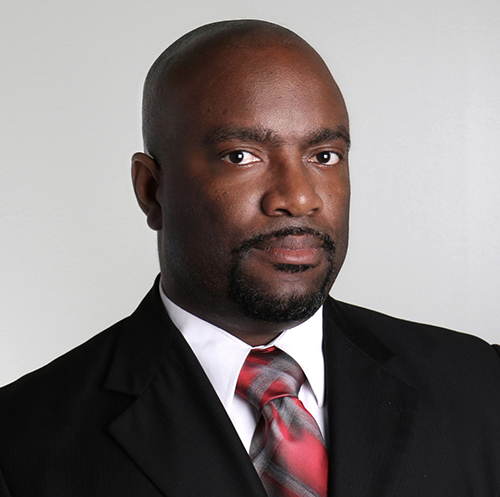 Dr. Mark Walcott has over 20 years of experience in technology-related and advancement services roles focused on Data Analytics, Data Management, and technological innovation. He serves as the Assistant Vice President of Technology and Business Intelligence within the division of Advancement and Alumni Engagement at Emory University. Dr. Walcott actively speaks on a variety of topics and has served on Blackbaud Higher Education Executive Advisory Board, Multicultural Leadership Institute (MCLP) Board, and other organizations focused on community and technological Advancement. As a Vice President of aasp, Dr. Walcott is focused on continuing to build the profession through the strategic growth of aasp. Dr. Mark Walcott has over 20 years of experience in technology-related and advancement services roles focused on Data Analytics, Data Management, and technological innovation. He serves as the Assistant Vice President of Technology and Business Intelligence within the division of Advancement and Alumni Engagement at Emory University. Dr. Walcott actively speaks on a variety of topics and has served on Blackbaud Higher Education Executive Advisory Board, Multicultural Leadership Institute (MCLP) Board, and other organizations focused on community and technological Advancement. As a Vice President of aasp, Dr. Walcott is focused on continuing to build the profession through the strategic growth of aasp.
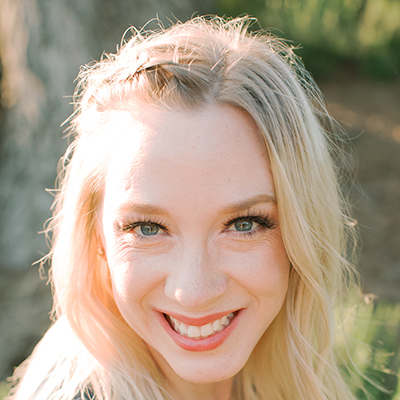 Meg Padovani is an accomplished professional currently serving as the Director of Business Intelligence for Advancement Services at UC Davis. With a remarkable track record spanning eleven years, she has been the driving force behind the creation of cutting-edge solutions that have garnered UC Davis an impressive count of 10 CASE awards. Her unique perspective as an artist translates into BI data visualizations that prioritize a seamless user experience. Meg's dedication to growth extends beyond her professional role. Her receipt of the 2019 CASE Rising Star Award reflects her commitment to pushing the boundaries of advancement data analytics. As a sought-after speaker, she frequently shares her expertise on best practices in this field. Meg Padovani is an accomplished professional currently serving as the Director of Business Intelligence for Advancement Services at UC Davis. With a remarkable track record spanning eleven years, she has been the driving force behind the creation of cutting-edge solutions that have garnered UC Davis an impressive count of 10 CASE awards. Her unique perspective as an artist translates into BI data visualizations that prioritize a seamless user experience. Meg's dedication to growth extends beyond her professional role. Her receipt of the 2019 CASE Rising Star Award reflects her commitment to pushing the boundaries of advancement data analytics. As a sought-after speaker, she frequently shares her expertise on best practices in this field.
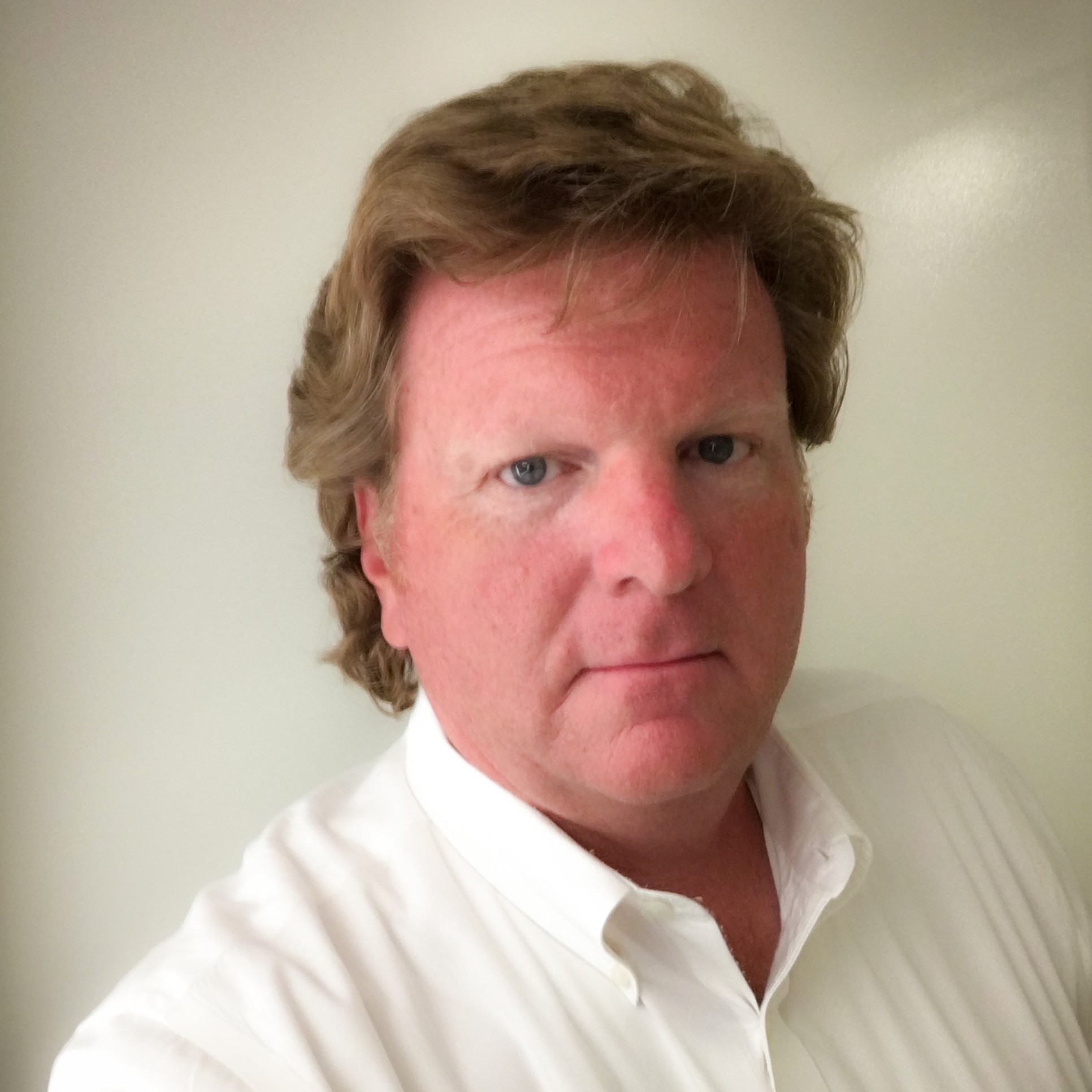 Jay Ballinger is the Solution Architect for Sutter Health Philanthropy which usually requires taking disparate data sets and finding efficient ways to process them. A lifelong technologist, Jay enjoys finding the right tool for the right job, which usually requires a pinch of commercial off-the-shelf software and a dash of custom tools and processing. Jay Ballinger is the Solution Architect for Sutter Health Philanthropy which usually requires taking disparate data sets and finding efficient ways to process them. A lifelong technologist, Jay enjoys finding the right tool for the right job, which usually requires a pinch of commercial off-the-shelf software and a dash of custom tools and processing.
Breakout 2I: Demonstrating Return on Investment from Advancement Technology Implementations | Salon C-4, LL
Planning, funding, and launching new advancement technology represent some of the most complex and costly work anyone in advancement services will conduct in their careers. Is it worth it? Anecdotes aside, how can we design, develop, and deliver a return on investment message? How can we track ROI and report out and up to leadership to increase budgets and focus on tech? This panel discussion will leverage new analysis of giving data compared to major advancement tech spending to uncover patterns. Panelists will also share their stories of selling the Board and leadership on investments leading to new tools that help raise more money and build better relationships. Join this discussion to learn what the data are showing about the ROI of advancement tech.
Christopher Cannon
Ben Storck
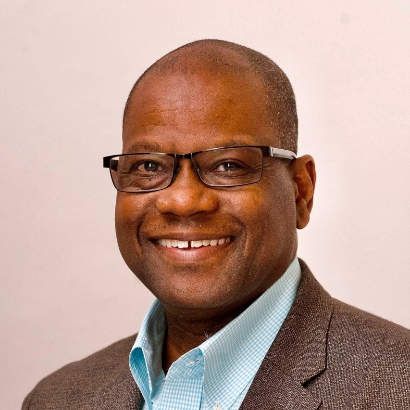 Dwight D. Dozier currently serves as the CIO of the Georgia Tech Foundation. Prior to Georgia Tech, he served as Senior Associate Vice President of Advancement at the George Washington University, responsible for the areas of alumni relations, advancement services, constituent relations, and markets. Prior to his work at GWU, Dwight served as the Associate Vice President of University Advancement and Advancement Services at the University of Louisville, Assistant Executive Director of Alumni Services at The Pennsylvania State University, and as Manager of Biographical Records and Systems Analyst at Washington State University. With more than 40 years of experience in higher education advancement, Dwight has been a faculty member, presenter, and institute and conference chairs for CASE and has served as a CASE Philanthropy Commissioner. Dwight was involved with CASE Kentucky as a board member, conference chair, and CASE KY president. He serves on the Board of Directors of the Association of Advancement Services Professionals (aasp) and has served as the chair of the Blackbaud CRM Higher Education Product Advisory Group and has served on the CASE District III Board of Directors. Dwight D. Dozier currently serves as the CIO of the Georgia Tech Foundation. Prior to Georgia Tech, he served as Senior Associate Vice President of Advancement at the George Washington University, responsible for the areas of alumni relations, advancement services, constituent relations, and markets. Prior to his work at GWU, Dwight served as the Associate Vice President of University Advancement and Advancement Services at the University of Louisville, Assistant Executive Director of Alumni Services at The Pennsylvania State University, and as Manager of Biographical Records and Systems Analyst at Washington State University. With more than 40 years of experience in higher education advancement, Dwight has been a faculty member, presenter, and institute and conference chairs for CASE and has served as a CASE Philanthropy Commissioner. Dwight was involved with CASE Kentucky as a board member, conference chair, and CASE KY president. He serves on the Board of Directors of the Association of Advancement Services Professionals (aasp) and has served as the chair of the Blackbaud CRM Higher Education Product Advisory Group and has served on the CASE District III Board of Directors.
Breakout 3I: Implementing DEI in Your Fundraising Database: A Case Study Using Constituent Names |Salon C-5, LL
Pronouns, genders, titles, prefixes, suffixes, addressees, salutations, name formats, formality and informality…oh my! Our culture is changing (has changed!) and our databases and CRMs need to as well. But if you're the "database manager," especially in a small or mid-size shop, you're probably not getting a lot of help or direction to do this, *you're* being expected to take the lead. Take the “simple” but important matter of how we format constituent names in our communications and lists, for example. In this session, an experienced fundraising database/CRM consultant will walk you through what is happening culturally today that is causing changes in how we address constituents, how it compares to traditional database protocols you likely inherited, how to think about making these changes, how to work with leadership to make policy and changes, and how to implement this in your database, including gotchas to watch out for. The presenter has experience helping many organizations think through and implement these changes and welcomes your experiences and questions as well.
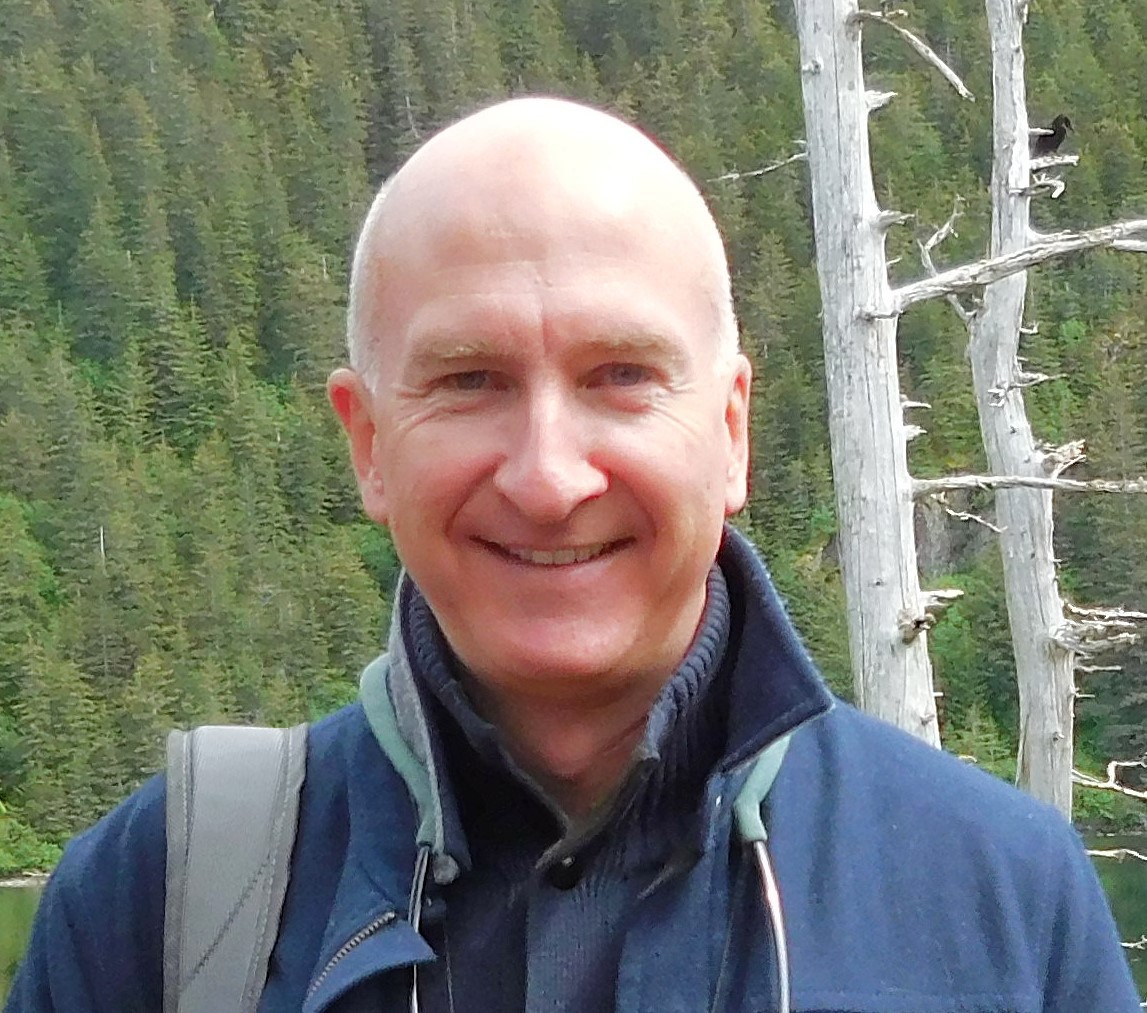 Bill Connors, CFRE, bCRE-Pro, is an independent consultant and trainer on Raiser’s Edge. His work extends beyond the buttonology of the software, however, into the operations and fundraising contexts in which the software resides. He is the author of Fundraising with The Raiser’s Edge: A Non-Technical Guide (2010). Until 2005, Bill was Principal Consultant for Fundraising Systems for Blackbaud, having helped found the Blackbaud consulting program in 1998. He has been providing consulting and training on Raiser’s Edge worldwide since 1995. Bill has spent his entire career in nonprofit work. He previously served as Senior Consultant for Fundraising Technology for a London fundraising consulting firm, and he worked for Junior Achievement as a director of development and for the national headquarters overseeing the roll-out of Raiser’s Edge nationwide. Bill has degrees from Yale and Harvard Divinity School. He lives near Sacramento, CA, with his partner, and he loves sweets. https://billconnors.com Bill Connors, CFRE, bCRE-Pro, is an independent consultant and trainer on Raiser’s Edge. His work extends beyond the buttonology of the software, however, into the operations and fundraising contexts in which the software resides. He is the author of Fundraising with The Raiser’s Edge: A Non-Technical Guide (2010). Until 2005, Bill was Principal Consultant for Fundraising Systems for Blackbaud, having helped found the Blackbaud consulting program in 1998. He has been providing consulting and training on Raiser’s Edge worldwide since 1995. Bill has spent his entire career in nonprofit work. He previously served as Senior Consultant for Fundraising Technology for a London fundraising consulting firm, and he worked for Junior Achievement as a director of development and for the national headquarters overseeing the roll-out of Raiser’s Edge nationwide. Bill has degrees from Yale and Harvard Divinity School. He lives near Sacramento, CA, with his partner, and he loves sweets. https://billconnors.com
Breakout 4I: Clean Out the Junk! Fostering Good Data Practices | Salon C-6, LL
When it comes to data entry, we've all heard "if you put junk in, you get junk out." There are many strategies for how to input data effectively and correctly, but what do we do about junk data already in our database, and how do we set up processes that can catch and alert us of inaccurate data? In this session we'll learn strategies for identifying bad data, locating the source of incorrect data entry, and managing ongoing cleanup processes to keep our databases clean.
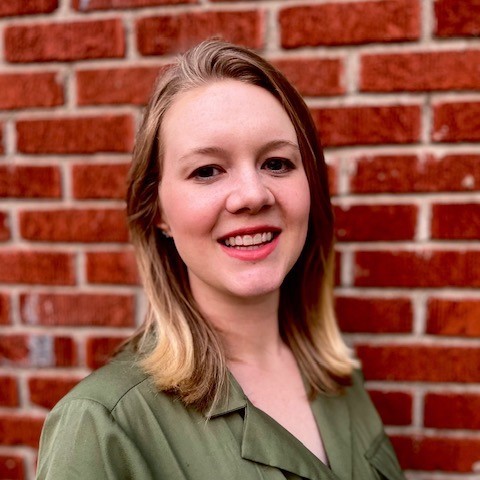 Dallas Moses is the Associate Director of Advancement Services at the University of Tulsa. With nearly five years of experience in advancement at TU, she has worn just about every hat in the business, from filing and gift processing to prospect reports and data management during a CRM conversion. She holds a BA in International Relations from the University of Southern California and is a current MSBA student at TU. Dallas Moses is the Associate Director of Advancement Services at the University of Tulsa. With nearly five years of experience in advancement at TU, she has worn just about every hat in the business, from filing and gift processing to prospect reports and data management during a CRM conversion. She holds a BA in International Relations from the University of Southern California and is a current MSBA student at TU.
Breakout 5I: Developing a Purpose Driven Org Chart to support Stakeholders, Development, and Compensation | Salon C-1, LL
All not-for-profit teams increasingly need to level up against a vast array of responsibilities, increasing strategic involvement, and evolving stakeholder relationships. Could you use more clarity on why your team exists, and who you all need to become in order to achieve personal, professional, and organizational success? Are your advocacy efforts for training and compensation resources not yielding the desired result? I will share my experience leading an Advancement Services team and working with systemic team coaches to gain clarity of purpose and create a relationship model our talents, relationships, and services. This work has been used to align our team growth with strategic needs, organize our training resources, empower our thinking about our future roles, and to successfully advocate for the team with human resources and organizational partners.
Jeremy Roethel is a consummate dot connector and purveyor of possibility who strives to be a canvas for mission driven teams solving wicked hard problems. En route to becoming a quantitative portfolio manager, he channeled his inner geek to progressively create novel and scalable global investment solutions for his teams to manage billions of dollars. Seeking new challenges and better value alignment, Jeremy dove into the world of transformational leadership and became a coach, mainly supporting the growth of visionary nature-focused leaders and non-profit networks. Now working in advancement in higher education, he enables the evolution of systems, strategy, and team culture by focusing on staff empowerment and partnerships, and by leading future-based collaborations to generate better solutions for today. Jeremy is a certified ontological coach, systemic team coach, and yoga instructor. He has designed hammocks for kids that become butterflies and dragons, dabbled with AI to create the ultimate yoga playlist, and he aspires to one day become a professional disc golfer and thru-hike the Appalachian Trail.
|